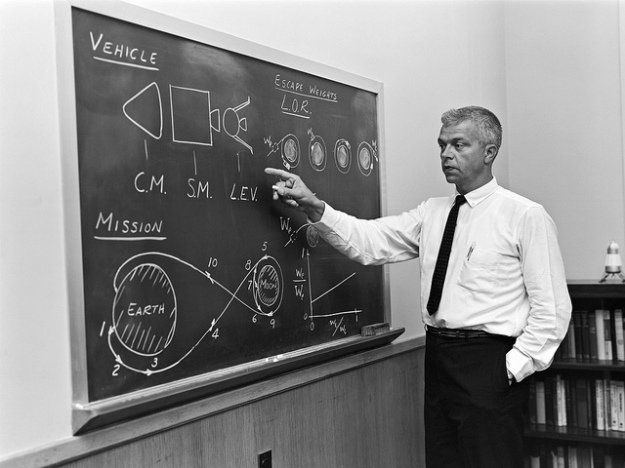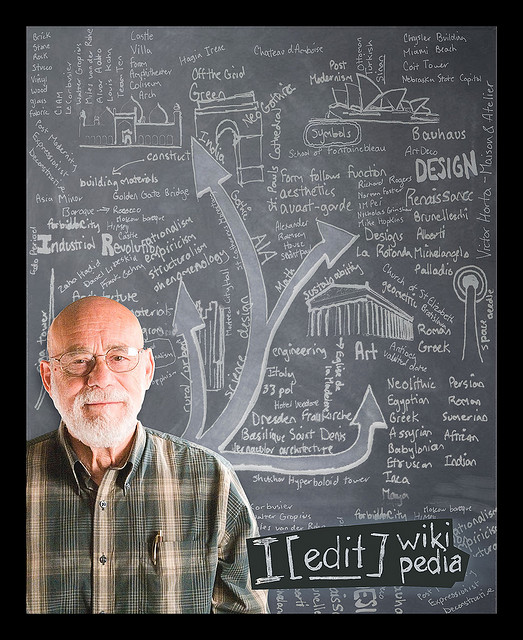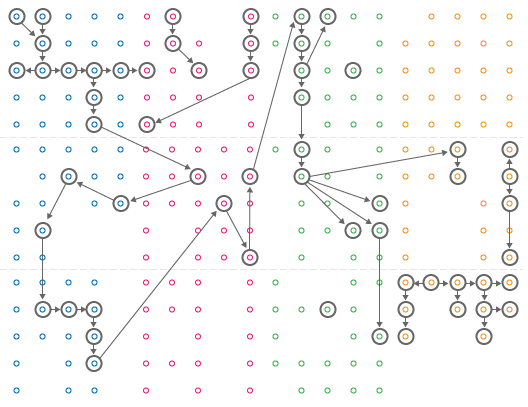Mozilla Open Badges: the launch approaches
Good news, everyone! Mozilla is preparing to launch Open Badges 1.0 at the DML Conference in Chicago next week. We’ve been operating in public beta since April of 2012. During the intervening time our team has spoken at numerous conferences, written a badge validation paper, and grown to include additional brilliant team members who are sprinting to bring it to the first finish line. Because a system is an evolutionary process, we don’t really consider this the finish per se, but instead think of this as a time to herald the initial public launch of 1.0.
This is a moment worth celebrating. Mozilla is launching not just a product but an entire ecosystem. Not only will Open Badges enter the world as a product, we will also begin to see the ecosystem populate more fully. There will be at least thirty new organizations beginning to issue Open Badges and Mozilla is proud to be one of them. Not only are we working on web literacy badges but we’re thrilled to announce Mozilla WebDev badges. These soon-to-be-earnable badges were designed by a member of the Mozilla community. Seeing the community begin to actively participate in the creation of these badges is deeply rewarding. And here it’s worth pausing for a moment to distinguish the important differences between digital badges and Open Badges.
Digital badges vs. Open badges
Digital badges are electronic versions of badges; they can have some metadata associated with them but most do not. An open badge is a specific type of digital badge. The open it refers to is partly technical (it works thanks to open source software), partly ideological (it’s based on an ethos of openness). By issuing open badges rather than simply digital badges, organizations are aligning to a standard that they have helped to create.
What the open in open badges means
Open badges are embedded with content. They make use of a standard set of metadata that allows them to act in ways that not every digital badge can. One of their hallmarks is badge interoperability. In practice, this means that when someone wants to know more about an open badge, they merely have to click on it. It’s worth noting that an open badge does not indicate that it is a Mozilla-specific badge but that it hews to a community-defined and agreed-upon set of metadata standards. An open badge will always communicate:
- the issuer: the organization, institution or individual issued the badge,
- the earner: the person who earned the badge,
- the criteria: information about what was required to earn the badge,
- the evidence (optional): it may also include earner-specific associated evidence and
- the expiration date (optional): they can be set to expire at a given date.
- It may also include the standard(s) with which the badge aligns, e.g., common core, Mozilla web literacy standard*
* Issuers interested in good badge design and badge system design, though, make use of the opportunity presented by this new ecosystem by setting their own standards. It’s more than likely your standards/criteria are superior to other existing standards. Suggestion: Define your own and let other organizations meet them.
Web literacy badges
Speaking of defining your own standards, that’s just what we’re in the process of doing: developing a Mozilla Web Literacy Standard. Read that as the “royal we” because it’s Mozilla plus a variety of folks interested in co-creating it with us. We’re also in the midst of defining a web literacy badge system framework. It will be flexible enough to include Mozilla issued badges but also recognize and accommodate non-Mozilla badges. While affiliating with the new #weblitstd will be entirely optional, if you choose to do so you can then choose to implement any of the following representational manifestations:
- earn Mozilla web literacy badges
- issue your organization’s own web literacy badges
- work with us to develop equivalency correspondences between badge systems.
We’re still fairly early on in the process of one and three. (Check out our in-progress roadmap.) The third point above presents some extremely exciting opportunities for the development of a strong and robust badge universe. That universe will include webmaker badges but will expand with the Web Literacy framework to include badges that are earnable through other tools, not just Mozilla webmaker. I will more fully address the conceptual framework in upcoming badge pathways posts that will appear on this blog over the next few weeks.
Flickr image courtesy of NASA APPEL
—
Congratulations to the Open Badges team on this impressive accomplishment and good luck to the Web Literacy standard and badges team. It’s an exciting time to be working on badges. Much more soon.


